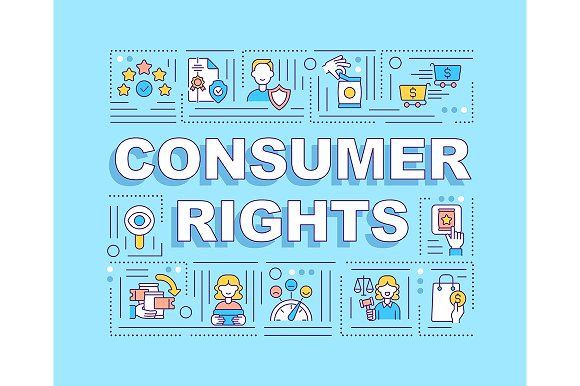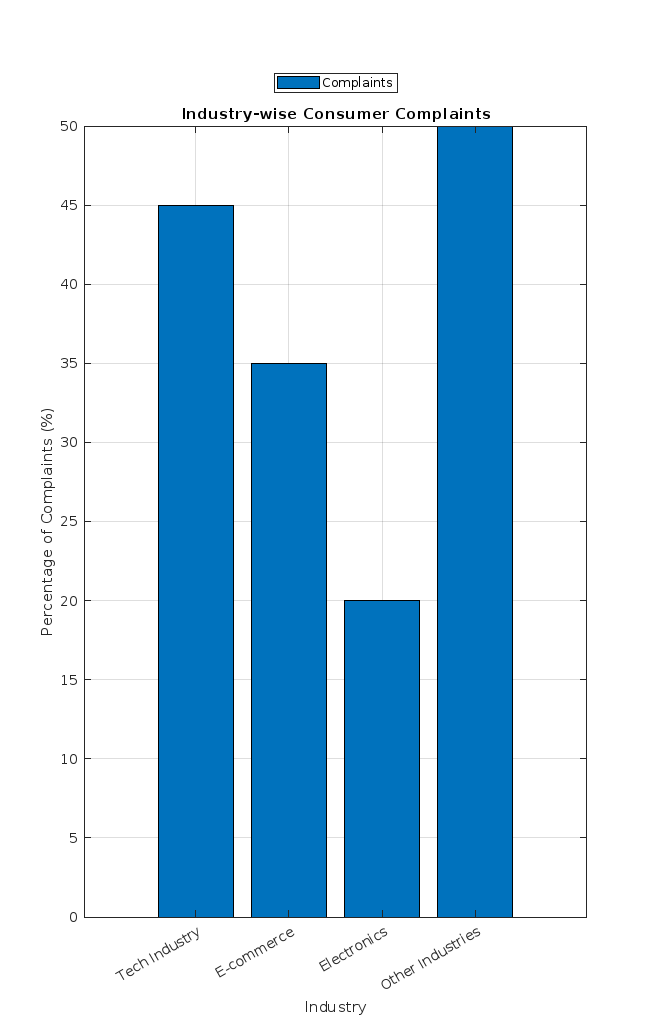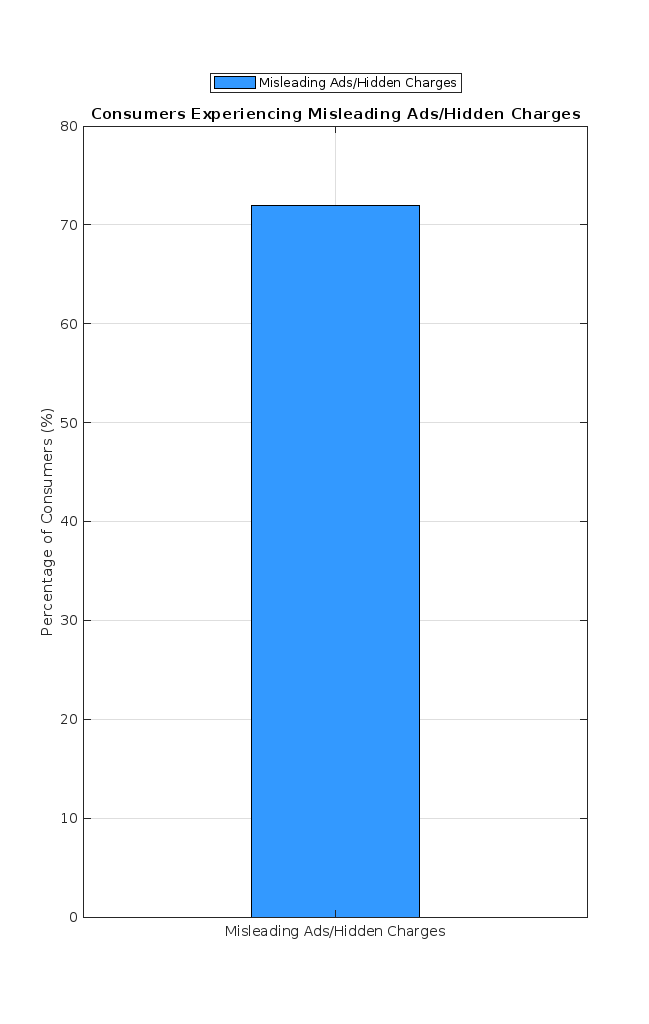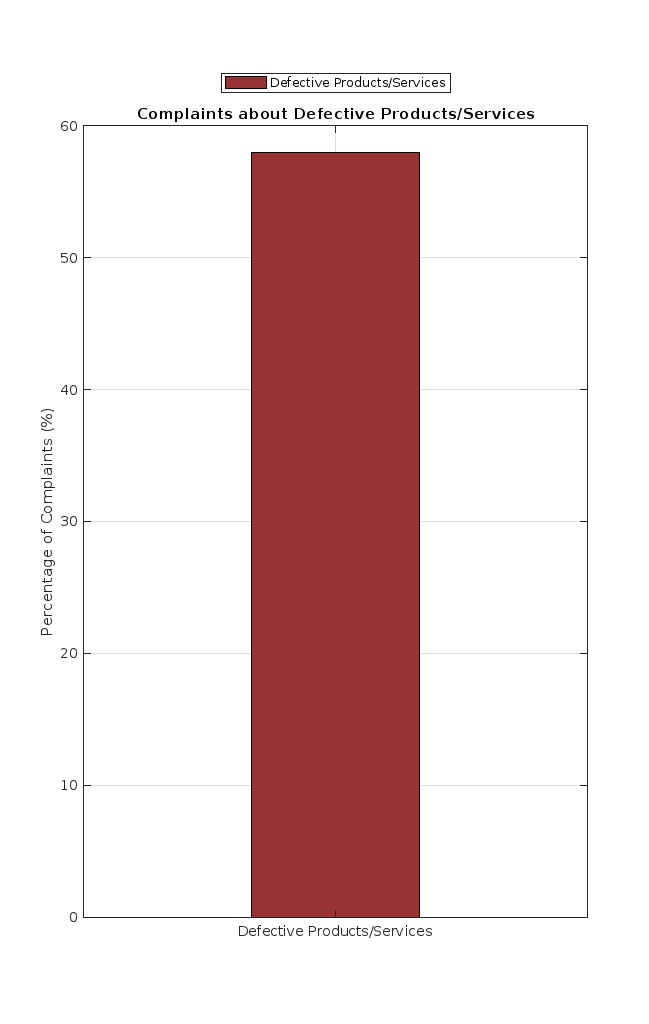Know your Consumer Rights
 Priyadarshani Sarja
Priyadarshani Sarja
Introduction
Consumer rights in India are very crucial. Thanks to the Consumer Protection Act of 2019, our rights as consumers are stronger than ever. But in today's digital age, where tech is always evolving, how do these rights hold up? Well, let's break it down!
1. Right to Safety
We've all been there—buying an electrical appliance that promises to make life easier, only to have it break down or worse, give you an electric shock. Whether it’s a faulty smartphone that overheats or a washing machine that’s more trouble than it’s worth, the Right to Safety ensures you don’t get stuck with dangerous, defective products. If it's unsafe, you have every right to demand your money back. If that doesn't work, take your complaint to the Consumer Forum. Don’t settle for less than your safety.
2. Right to Information
Ever bought a product and had no clue what’s in it, how it works, or if it’ll expire in a week? This happens all the time with food products—and, let's face it, tech products aren't always upfront either. Hidden data collection? Sneaky terms and conditions? You have the Right to Information—you should be told everything you need to know before making a purchase. If you're in the dark about something, call it out and let the authorities know.
3. Right to Choice
How many times have you been pushed into buying something you didn’t want? Whether it’s a forced insurance policy, an unnecessary tech bundle, or a streaming subscription you didn’t ask for—this is where your Right to Choice kicks in. You deserve to have options, not be boxed into one deal. If you're being pressured or cornered into something, speak up. Report it to the regulatory body, and demand more options. It’s your right, and don’t let anyone take it from you.
4. Right to Redress
Bought a phone that died on you after a few weeks? Or received a product that didn’t live up to expectations? With online shopping booming, defective products are all too common. If a company refuses to give you a refund or replacement, that’s on them. Keep your receipts, file complaints, and don't settle. You have the Right to Redress, and businesses should make it right when their products fail.
5. Right to Education
How many times have you been hit with surprise charges—hidden delivery fees, sneaky subscription renewals, or surprise taxes? Whether you're buying a product or using a service, businesses must be upfront about their charges. That’s your Right to Education—you should be fully informed about the costs and terms before buying. If they’re being shady, report it, and make sure others are in the know.
6. Right to Be Heard
Got bad service at a restaurant, or worse—ignored when you tried to complain? If your complaint is brushed off, that's a violation of your Right to Be Heard. Social media has made it easier than ever to amplify your voice, and consumer forums are just a click away. So, don’t let anyone silence you. Take your grievance online, escalate it if needed, and make sure they listen.
What Happens If Your Rights Are Violated?
First, document everything. Keep receipts, emails, and screenshots as proof. Try to resolve the issue directly with the seller or service provider. If that doesn't work, escalate the matter to the Consumer Forum or any relevant regulatory authority. If the issue persists, consider legal action or consult a lawyer. Whether it's FSSAI, IRDAI, or BIS, there’s always someone to turn to.
The Role of Tech
In today’s digital world, businesses have new ways to mess with us. From misleading e-commerce practices to shady data collection, tech has made it easier for businesses to try to sidestep consumer rights. But don't worry—the rise of online tools, consumer platforms, and social media has made it equally easy to fight back. Technology has made it easier for consumers to stay informed, raise their voices, and get things done faster. With the right knowledge, you can navigate the digital space without getting duped.
Stats
1. Industry-wise Consumer Complaints:
- 45% of complaints are from the Tech Industry, 35% from E-commerce, 20% from Electronics, and 50% from Other Industries.
- Insight: The Tech Industry and E-commerce sectors have the highest number of complaints. This suggests that tech-related products and online shopping experiences are common areas of dissatisfaction.

2. Consumers Experiencing Misleading Ads/Hidden Charges:
- 72% of consumers report encountering misleading ads or hidden charges while shopping online.
- Insight: A significant portion of consumers faces deceptive practices, such as hidden fees or misleading advertisements, especially in the digital shopping space.

3. Types of Complaints Filed with Consumer Forums:
- 58% of complaints are about defective products and substandard services.
- Insight: The majority of complaints filed with consumer forums relate to faulty products or poor service quality, emphasizing the need for businesses to maintain high product standards and customer service.

Conclusion: Know Your Rights, Protect Yourself
Consumer rights in India are strong—but tech has introduced new challenges. Hidden fees, misleading ads, and deceptive practices are rampant. The good news? You don’t have to stand for it. With digital tools, social media, and online forums, you’re better equipped than ever to protect your rights. On Saturday, 15 March, 2025, we celebrated World Consumer Rights Day. So let us take a pledge to stay informed, stay savvy, and not let anyone take advantage of us.
Know your rights, and fight for them!
Subscribe to my newsletter
Read articles from Priyadarshani Sarja directly inside your inbox. Subscribe to the newsletter, and don't miss out.
Written by
